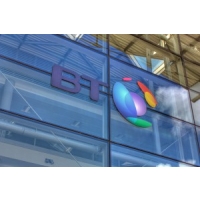Need advice? Call our experts free on
0800 090 1342
BT recognised for its dedication to science and innovation
UNESCO has added the archives of BT to its Memory of the World Register.

The company has been successfully nominated to the UK United Nations Educational, Scientific and Cultural Organization (UNESCO) Memory of the World Register - marking it out as having played a significant role in making the telecoms industry what it is today.
BT's historic research archives are now to be added to register, with the documents highlighting many of the technological feats and achievements of the company since its founding in 1878.
They include records of the first transatlantic radio telephone service in 1926, the introduction of the first hearing aid - the Medresco - available on the NHS in 1948 and the opening of the world's first digital exchange in London in 1968,
Furthermore, the archives highlight the firm's integral role in the development of optic fibres - BT's laboratories at Martlesham developed glass fibre that was pure enough for the technology's potential to be fully realised - in the 1970s.
David Hay, head of heritage and corporate memory at UNESCO, said: "This is a unique record of British scientific endeavour and contribution to developing communications and related technologies and we are delighted and proud that the world's oldest communications company is recognised as part of the Memory of the World."
Earlier this month, BT announced it has seen a significant boost in its broadband subscriber figures and this in turn has translated into improved profitability over the last 12 months.
The firm reported full-year profits of £1.7 billion - up by 71 per cent when compared to 2009-10.
Meanwhile, BT's retail arm grew by two per cent to £1.34 billion in 2010-11 - with more than a quarter of a million (252,000) new customers signing up to its Openreach product in the last three months of the financial year.
